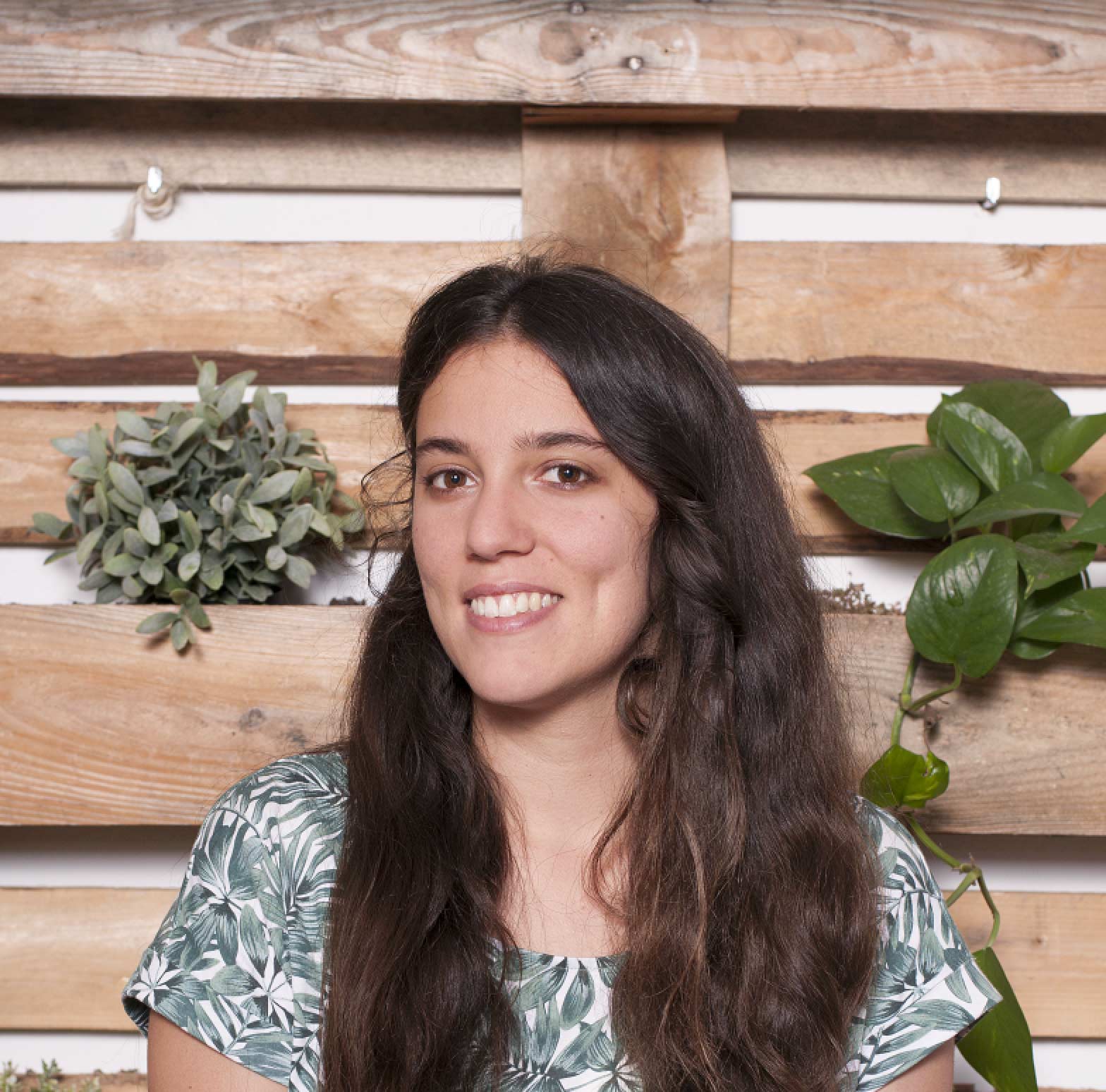Climate change is not neutral.
Where you come from or how wealthy you are affects how well you can protect yourself against extreme weather events.
And climate change is definitely not gender neutral.
Climate disasters don’t affect all people equally
Gender inequalities are deeply rooted in cultural attitudes, laws and institutions.
For example, due to cultural norms, rural women are often expected to be primary caregivers. They are responsible for cultivating plots of land to produce food or collect fuel for their families.
When extreme weather events hit, like hurricanes or floods, women are the last ones to be saved as they stay behind to make sure children and the elderly are taken care of first.
With less access to land, and having to care for their family, rural women also have less time to pursue education and are often silenced and excluded from decision making.
How your searches on Ecosia are supporting women
By searching with Ecosia, you are actively supporting projects like Green Ethiopia, Divine Bamboo or COPAIBA.
Watch the video above to learn more about how Ecosia’s tree-planting partners are empowering women.
For women, and rural women in particular, to be fully empowered in the climate crisis, they need to have a say in decisions that impact them and their communities.
Consider supporting campaigns like She Change Climate, for example, who are calling for the upcoming UN Climate Conference (COP26) to have an equally distributed gender balance. Currently, less than 25% of influential positions in COP26 are held by women.
